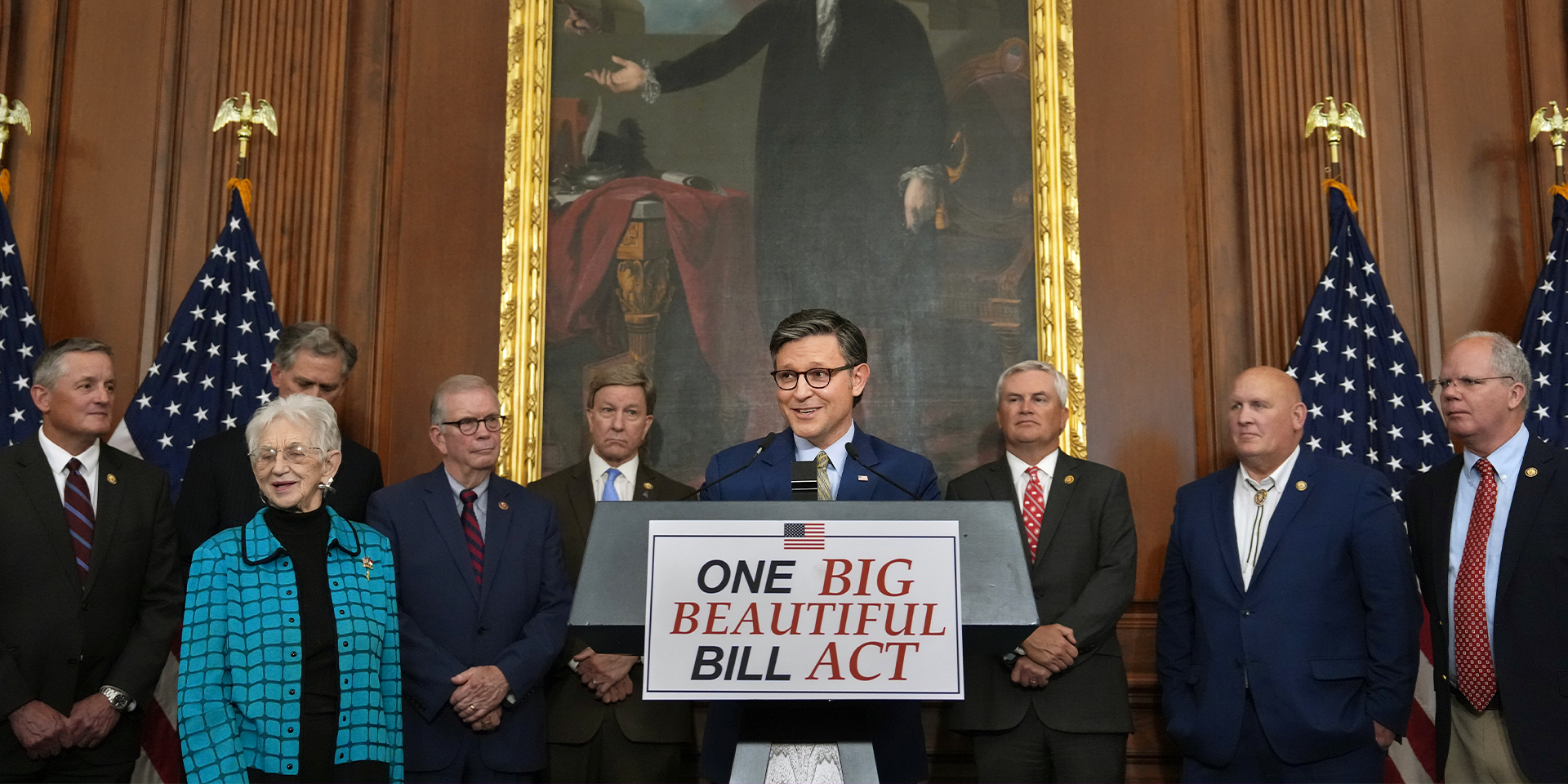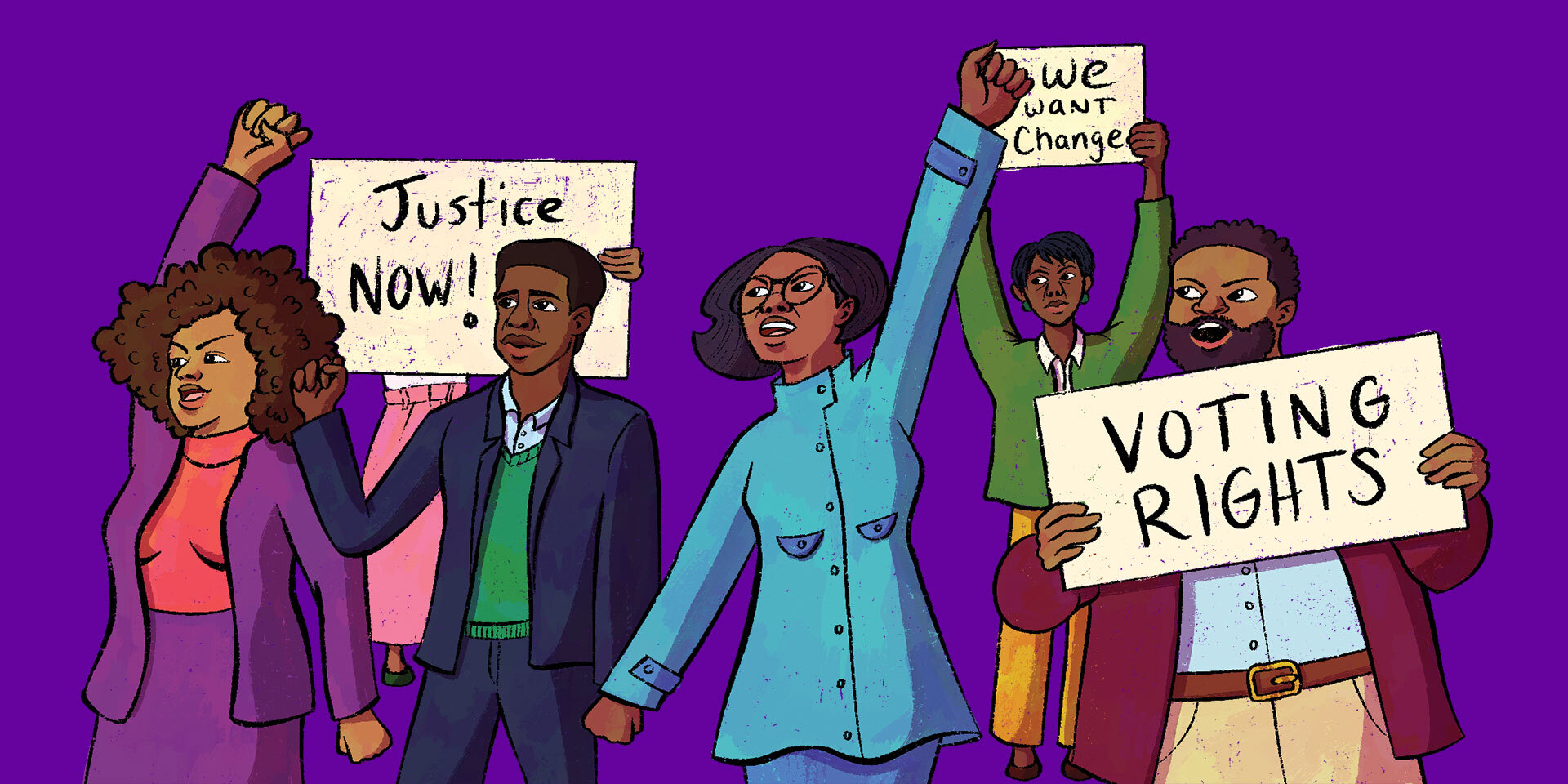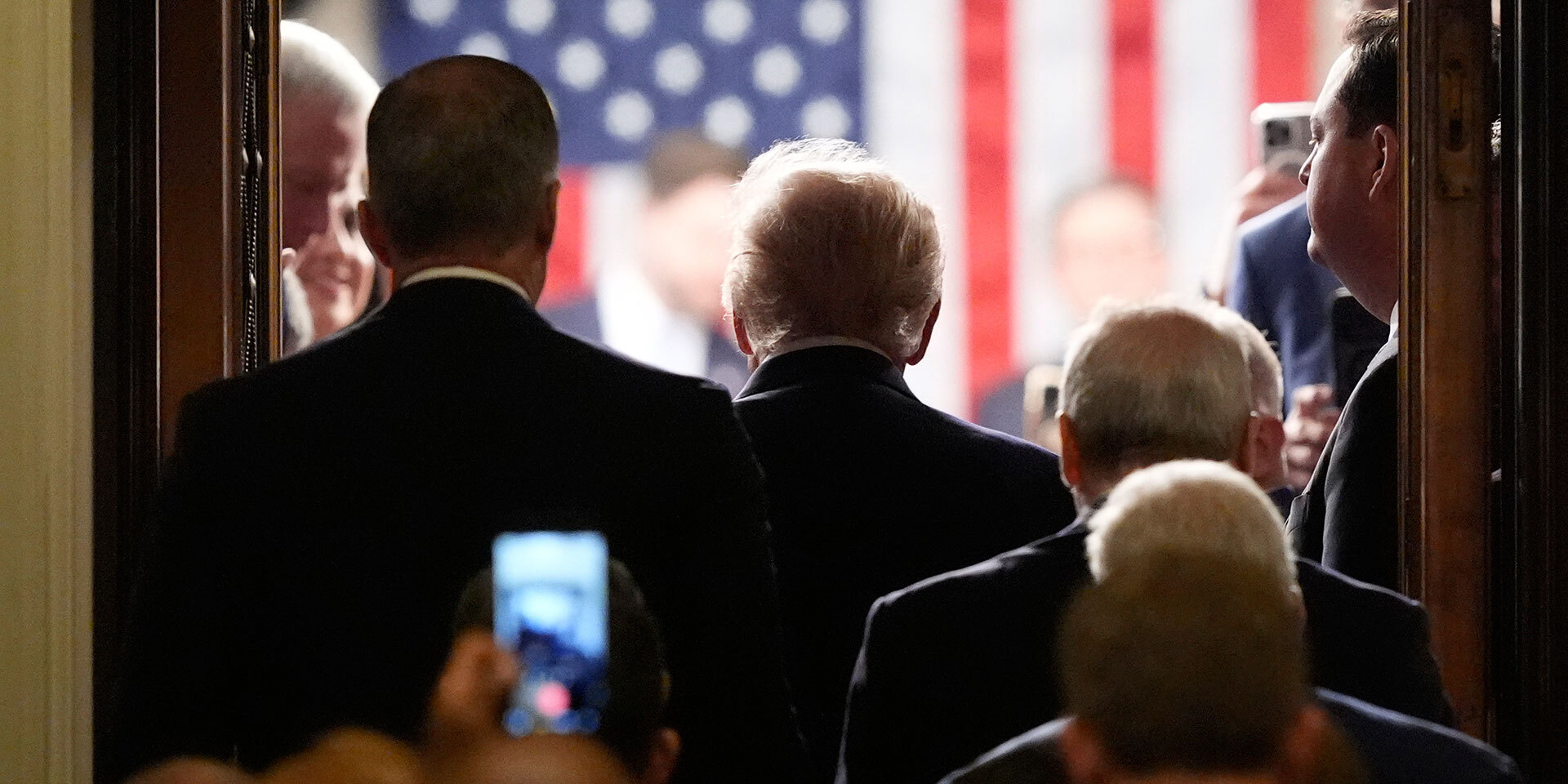The U.S. House of Representatives last week narrowly passed its budget reconciliation bill that cuts billions from Medicaid and SNAP — to give massive tax breaks to corporations and wealthy people. Here are five reasons why you should oppose this bill:
1. It forces children and families to go hungry.
The bill slashes nearly $300 billion from the Supplemental Nutrition Assistance Program (SNAP), also known as food stamps, potentially ending benefits for at least 4.6 million people. For the first time in history, states would be required to pay a share of SNAP benefits. It also imposes new work-reporting requirements. People who have spent their lives working at physically demanding jobs may need to keep working until 65, under provisions in the bill. Parents will face leaving children home alone starting at age 8. These changes will lead to people losing nutrition assistance and children losing access to school meals.
2. It strips away health care from those who need it most.
With nearly $1 trillion in Medicaid cuts, the bill threatens health care access for more than 13 million people. It introduces burdensome work requirements, frequent renewals and higher out-of-pocket costs. Rural hospitals and community health centers could face closures, leaving vulnerable people without care. When people lose health care coverage, they do not simply stop getting sick. Instead, they often delay care and become more likely to require hospitalization.
3. It provides massive tax breaks for ultra-wealthy people.
The bill gives more than $4 trillion in tax breaks that disproportionately benefit wealthy people — with the top 1% receiving an average tax cut of $100,000 compared to the lowest-income households only seeing a $120 average reduction. While the bill includes a child tax credit expansion, it benefits high earners and excludes nearly 20 million children who live in households with low incomes. These tax cuts will increase the federal deficit by $3.8 trillion.
4. It increases detentions and punishes hardworking immigrants.
It provides hundreds of billions of dollars in funding for detention, deportation and border wall construction — without adding due process protections. The bill punishes states that extend Medicaid to immigrant populations and blocks lawfully present immigrants from accessing SNAP and Affordable Care Act coverage.
5. It makes college unattainable for students with low incomes while providing tax giveaways to wealthy parents for private schools.
The bill restricts Pell Grant access, eliminates interest subsidies and weakens income-based repayment options. These changes would make college less accessible for students with low incomes. Meanwhile, it introduces a $5 billion tax credit for private school tuition, benefiting wealthier families.
What’s next?
Now is the time to try to influence the Senate version and the final version of the bill. Join us to prevent these cruel cuts to health care and food programs.
Together, we can fight for a budget that reflects our core values and priorities.
Theresa Lau is the senior policy counsel for eradicating poverty at the Southern Poverty Law Center and SPLC Action Fund.
Image at top: House Speaker Mike Johnson speaks to the media after the House narrowly passed a bill forwarding President Donald Trump’s agenda at the U.S. Capitol on May 22, 2025. (Credit: Kevin Dietsch/Getty Images)






